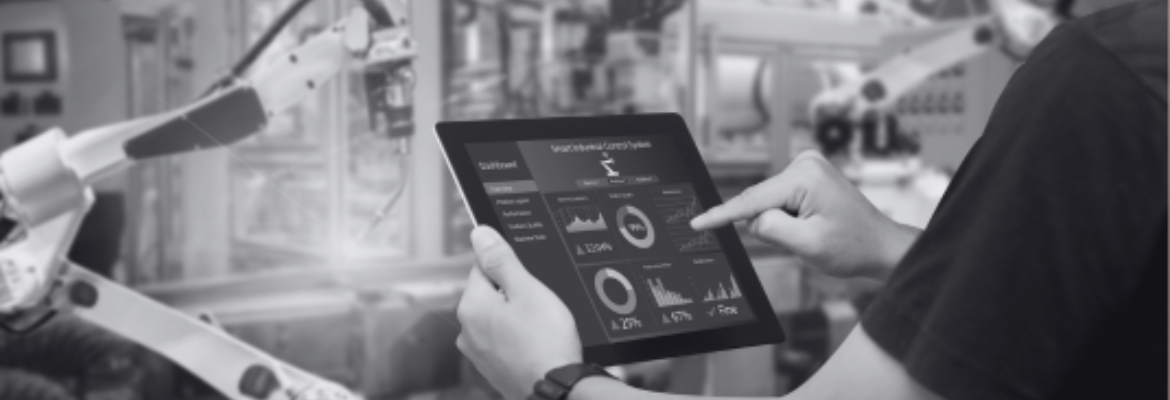- sales_nestwell@nestwelltech.com
- +91 730 347 9777
Technologies

Global Positioning System
GPS
To Geo Locate assets (people) or Inventory Using GPS/GLONASS satellites.
GPS is usable everywhere except where it's impossible to receive the signal such as inside most buildings, in caves and other subterranean locations, and underwater. From tracking your automobiles to managing your On-field workforce, we do it all. Our receivers are quick to lock onto satellites. Certain atmospheric factors and other error sources can affect the accuracy of GPS receivers.

Radio Frequency Identification
RFID
To uniquely identify an article, inventory, Object or a Human wirelessly by means of a miniaturized Electronic Chip & Antennae.
There are several methods of identification, but the most common is to store a serial number that identifies a person or object, and perhaps other information, on a microchip that is attached to an antenna. Increase efficiency by reducing errors and improving quality and processes. In chaotic manufacturing, shipping, and distribution environments, real-time data on the status of individual items provides insights that turn into actionable measures. Manage inventory, track attendee in events, etc. asset tracking, access control, interactive marketing and many more…

Biometrics
Biometrics
To uniquely identify and verify the authentication of a Human being by biological Traits.
The technology is mainly used for identification and access control, or for identifying individuals that are under surveillance. The basic premise of biometric authentication is that everyone is unique and an individual can be identified by his or her intrinsic physical or behavioural traits. Biometric technology can be used for a great number of applications; Biometric security, biometric locks, access control, managing time and attendance and many more…

Machine To Machine
M2M
To communicate wirelessly or through IP remotely on to the cloud or server.
It is an important aspect of warehouse management, remote control, robotics, traffic control, logistic services, supply chain management, fleet management and telemedicine. It forms the basis of IoT. The next disruptive development, in which the majority of internet traffic will be generated by "things" rather than by human-operated computers, has the potential to change the world completely.

Internet Of Things
IOT
IoT generally refers to what some call the next-generation Internet, where physical objects are connected via the standard Internet Protocol (IP). Anything from cars to industrial machines to medical devices can be involved — even people and livestock. Using an array of embedded sensors, actuators and a variety of other technologies, these loosely connected "things" can sense aspects of their environment and communicate that information over wired and wireless networks, without human intervention, for a variety of compelling use cases.

 Simple Solution for Complicated Automations
Simple Solution for Complicated Automations

